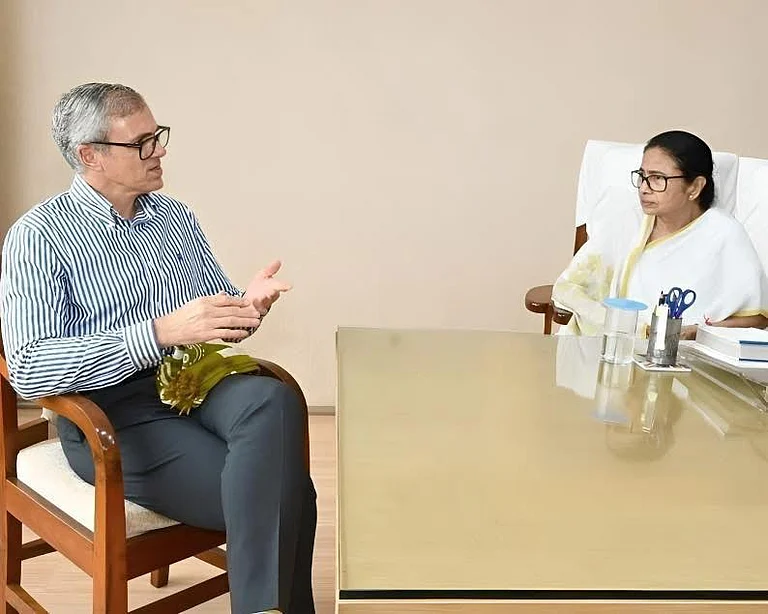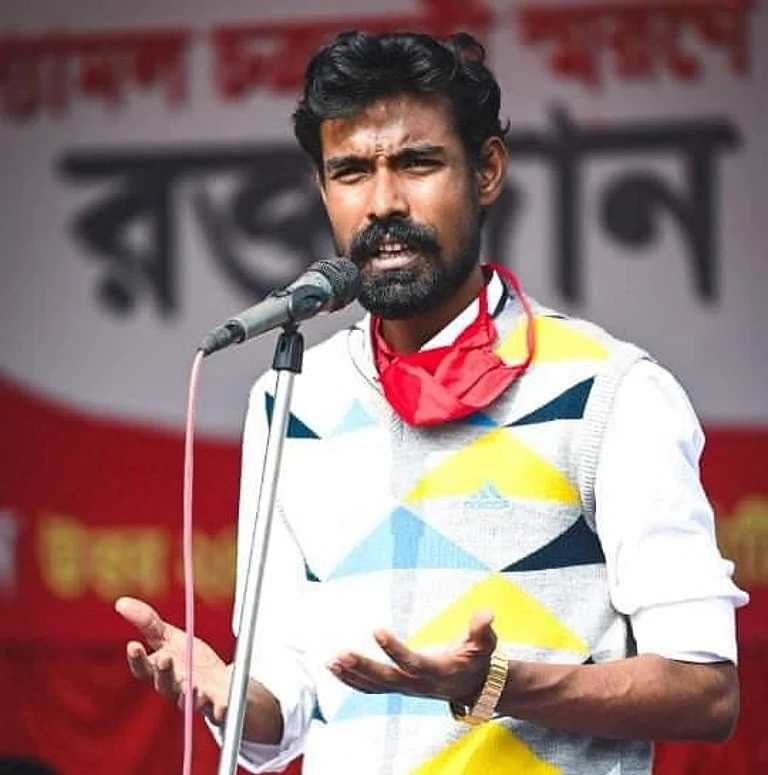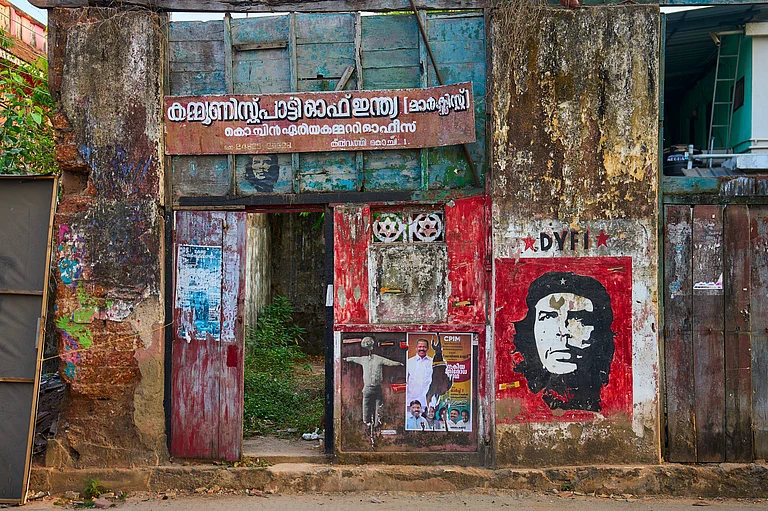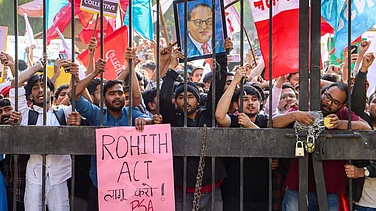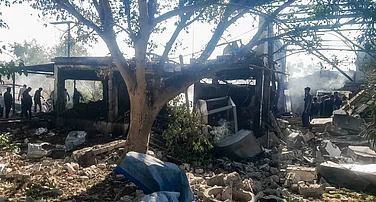‘I have no house. Do I have any identity?’ asked Buddhadeb Bhattacharya, the then Chief Minister of West Bengal to the high officials of a cement company who came to meet him to discuss their future plans in West Bengal. The reason he asked them was that the company was advertising in the newspaper - “Apnar bari hok apnar parichay” (Let your house be your identity).
Buddhadeb passed away on 8th August 2024 in his small 2 BHK rented flat in a government housing complex where he stayed most of his life during the last few decades. The only other Chief Minister in the country who had no house was Manik Sarkar.
The family man with his wife and one child never had even a bank account. If you look at his affidavit submitted to the election commission in the last election he fought in 2011, you can see that his family members were also not rich. There are no other known close relatives such as any rich nephews or brothers like many politicians in the country today. During the last left-front government in West Bengal (2006-2011), the salary of a cabinet minister was Rs. 6000, as Chief Minister, Buddhadeb was getting a slightly higher salary. His family was mostly surviving out of his wife’s income who was working in a private company.
Born in a Brahmin family in 1944, his grandfather was famous for composing the priestly manual ‘Purohit Darpan’. But Buddhadeb turned out to be an atheist. The famous Bengali poet, Sukanta Bhattacharya who was strongly influenced by communism and died young at the age of 21, was in relation an uncle to him.
Buddhadeb passed BA in Bengali Honours from Presidency College, Kolkata in 1964. He came in touch with politics by joining the student movement. He became a member of CPI(M) in 1966. He joined the youth movement and became the secretary of the Democratic Youth Federation in West Bengal in 1968. He took a school teacher job, but soon left this profession to join whole-time politics. To this day, a whole-timer in CPI(M) gets a meagre amount of wage from the party to maintain the livelihood. In 1978, he became the state committee member of CPI(M) in West Bengal, a central committee member of CPI(M) in 1985, and was inducted into its Politburo after being the chief minister in 2000. He left Politburo in 2015 due to his deteriorating health condition.
He joined electoral politics in 1977 when he became an MLA. The first Left Front Government was formed in that year and due to his background in literature and his interests in culture, he was nominated as the minister of the Department of Information and Cultural Affairs. In 1982, he lost the election. Then, in 1987 he was again elected from another constituency and retained that seat till 2011. During this period, he was an important minister in the cabinet holding several portfolios.
Buddhadeb was a man of versatile interests. He had deep interests in literature, art, culture, and films. His passion for Rabindra literature was expressed often while he quoted from that literature flawlessly on many occasions. He wrote poems, dramas, and several articles. The issues of these articles were not only politics. He was interested in foreign literature and thus translated poems of Mayakovosky, and writings of Gabriel Garcia Marquez and Kafka. His interest in films made him close to famous film directors Mrinal Sen, and Satyajit Roy. In his guidance, the Kolkata film festival was raised to an international level. His versatile interests made him accepted by several novelists, poets, and film personalities in the state. He used to chat with them at Nandan, a cinema hall of international standard made by the state government under his guidance.
In November 2000, he became the chief minister in West Bengal while the former chief minister, Sri Jyoti Basu intended to be relieved. In 2001, he became the elected chief minister and maintained this position till 2011. After being the chief minister in 2001, his slogan ‘Do it now’ to improve the work culture became very popular. In the assembly election of 2006, the Left Front under his leadership raised the slogan ‘Agriculture is our base, Industry is our future’.
Several efforts on industrialization were seen in the state during his period. In fact, with freight equalization and the removal of the license policy after the liberalization in 1991, West Bengal had been changing in industrialization. Buddhadeb tried to make a boost in that. From 2001 to 2009, 1750 projects were implemented in West Bengal, which was comparable to other advanced states. West Bengal was 3rd among the states next to Gujrat and Maharashtra in the investment of medium and large-scale industries during 1991-2010 (today this position is 13th).
Buddhadeb’s drive for industrialization got a jolt in 2009 when Tata Motors announced the shift of its Nano plant from Singur after 80 percent of its completion due to the continuous agitation by the opposition. But still, the investment during the last left front Government in West Bengal was remarkable. The investment occurred in petro-chemicals, iron & steel, food processing, engineering, IT & ITES, and others. In 2008, West Bengal was the first among the states in foreign direct investment. Even a few months before the end of the left regime, Wipro and Infosys announced large investments by signing a contract of 50 acres of land for each.
During his tenure, self-help groups of women in the state had considerable success. He started providing grants and free cycles to female students to bring them to schools. After the Ranganatha Mishra Commission report, he introduced reservations for religious minorities. West Bengal was the first state to establish this.
Upon his passing people are now talking about his honesty and his simple way of life. Simplicity and trusting nature were also his characteristics. Even in the middle of the chaos during the Singur movement, he requested the then-opposition leader, Smt. Mamata Banerjee to allow the Singur Nano project as that would ultimately benefit the state and also help her if she became the chief minister in the future.
Buddhadeb was very sincere in his work. As a minister, he used to go to his office at around 10 am every day and worked tirelessly along with his team. There may be many disagreements about whether he took the right steps as a chief-minister to develop West Bengal, but it is a fact that he had no agenda other than the progress of the state.
Debesh Das is a former minister in West Bengal government and worked closely with the former CM Buddhadeb Bhattacharya







